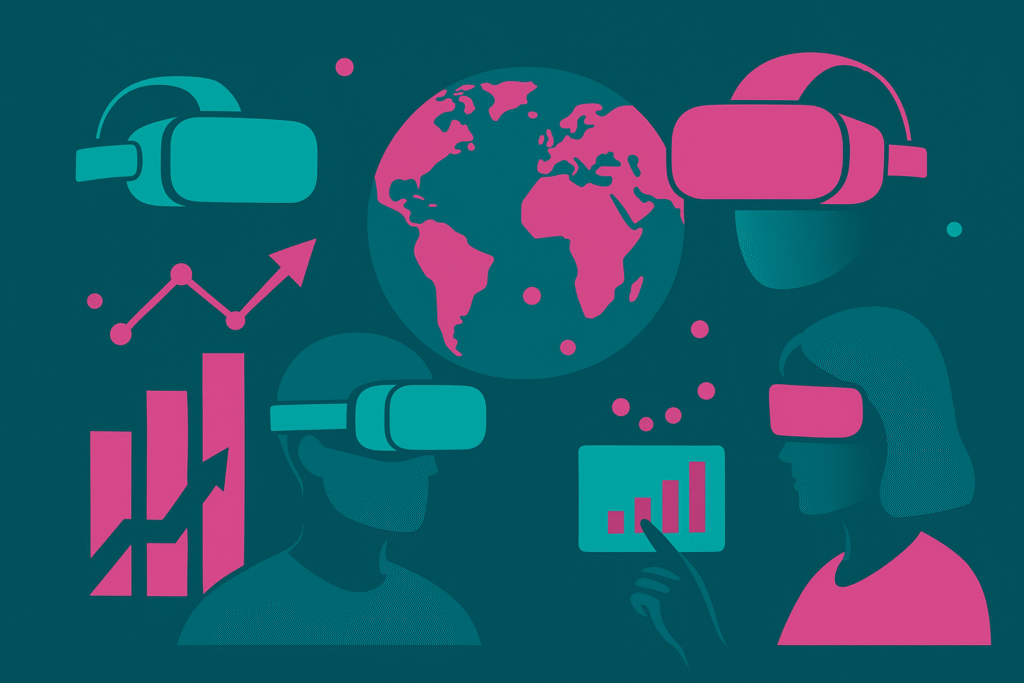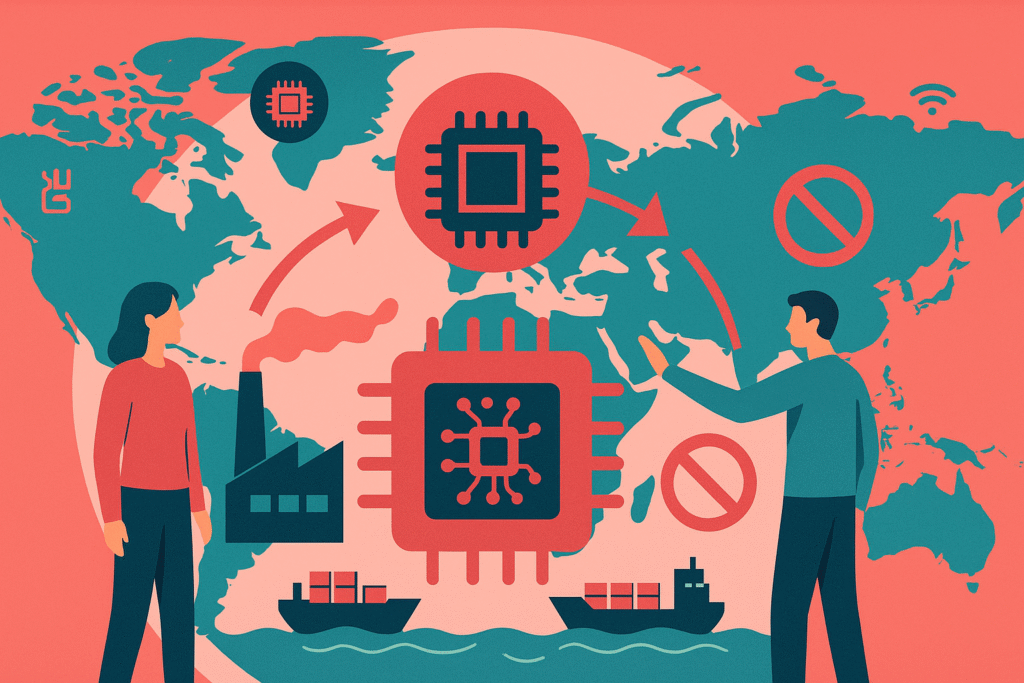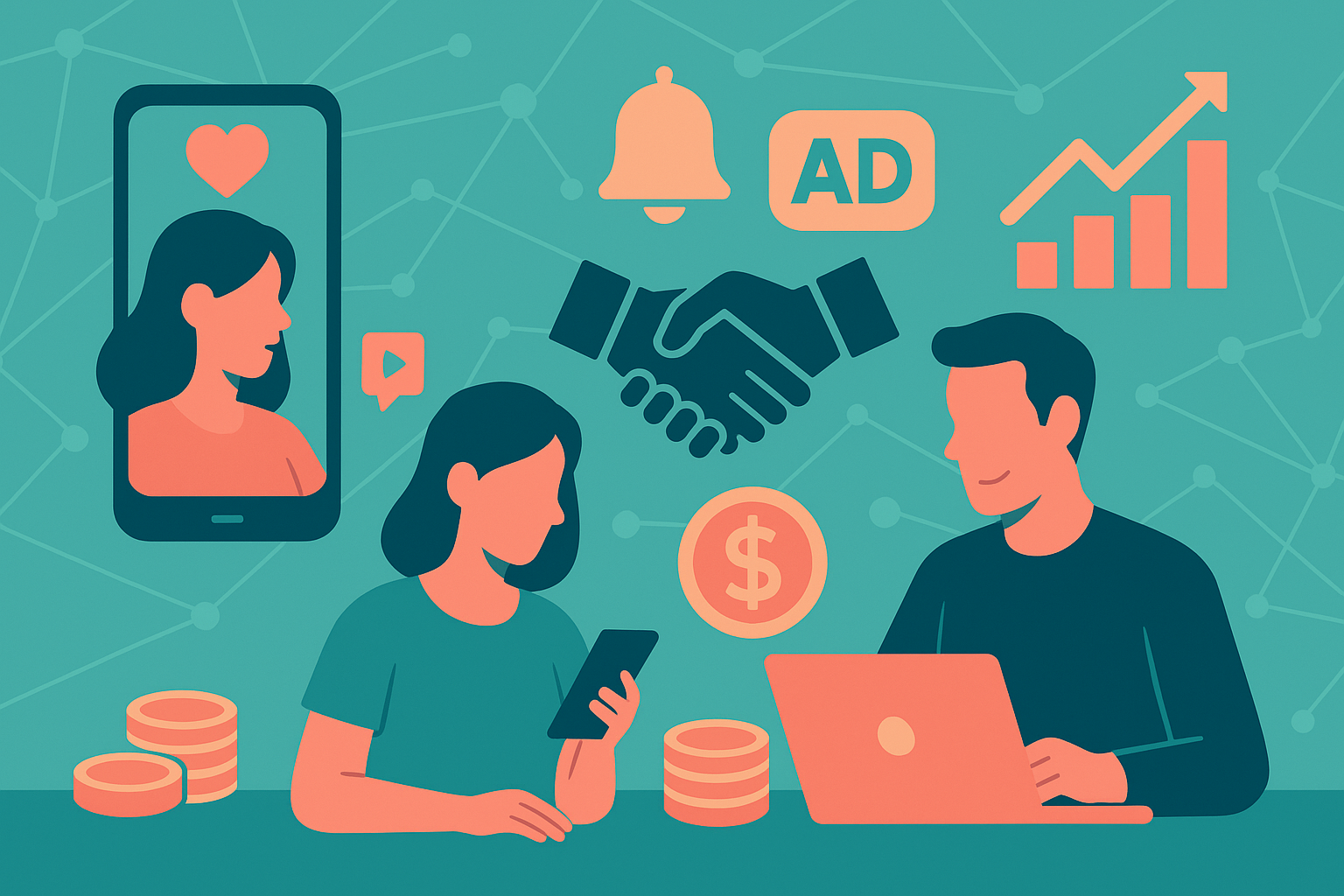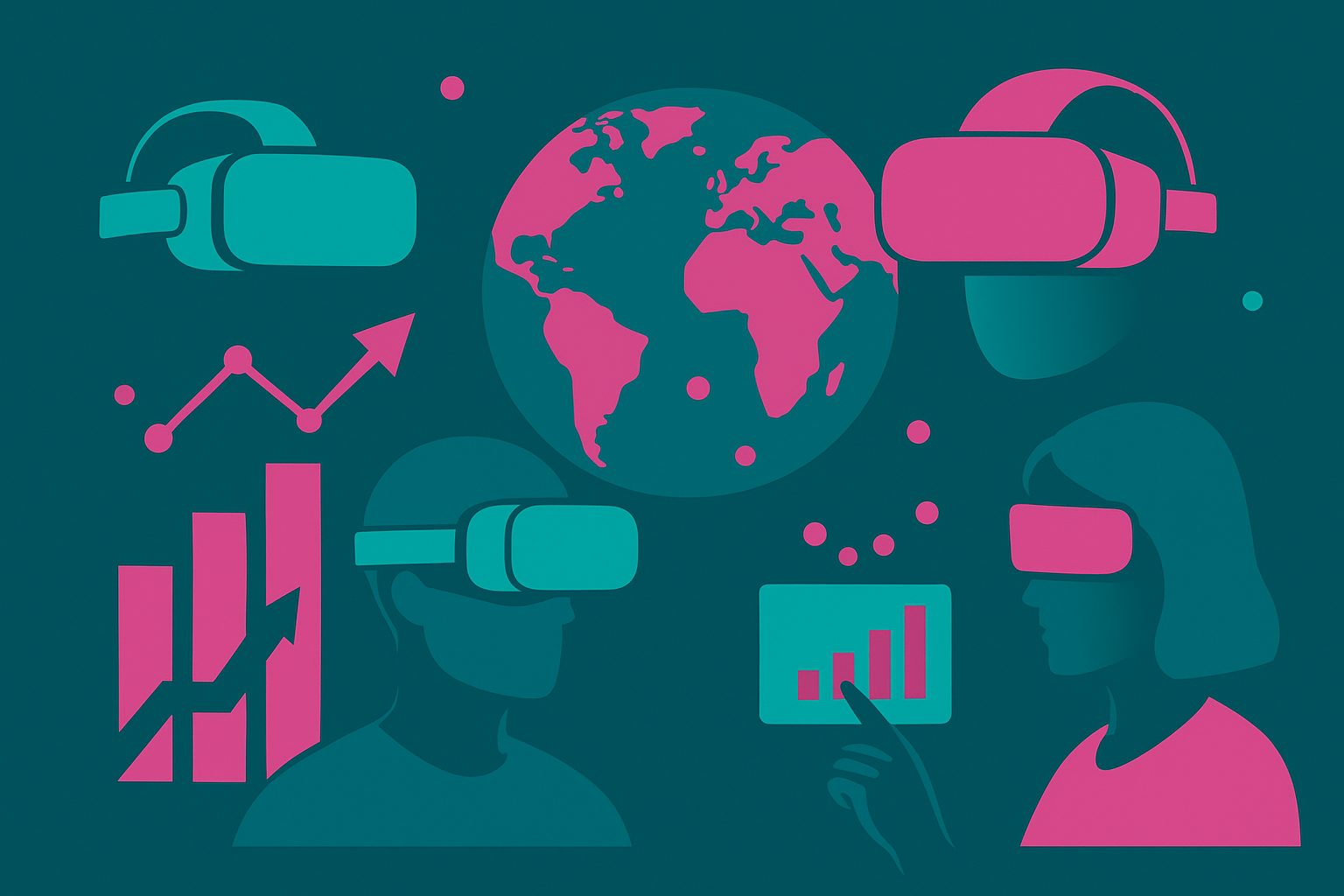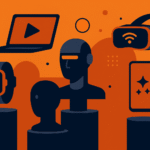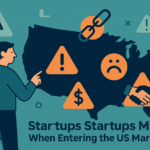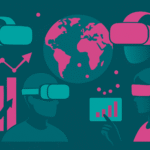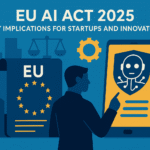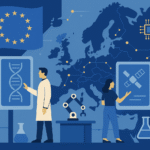Now Reading: EU AI Act 2025: Key Implications for Startups and Innovators
-
01
EU AI Act 2025: Key Implications for Startups and Innovators
EU AI Act 2025: Key Implications for Startups and Innovators
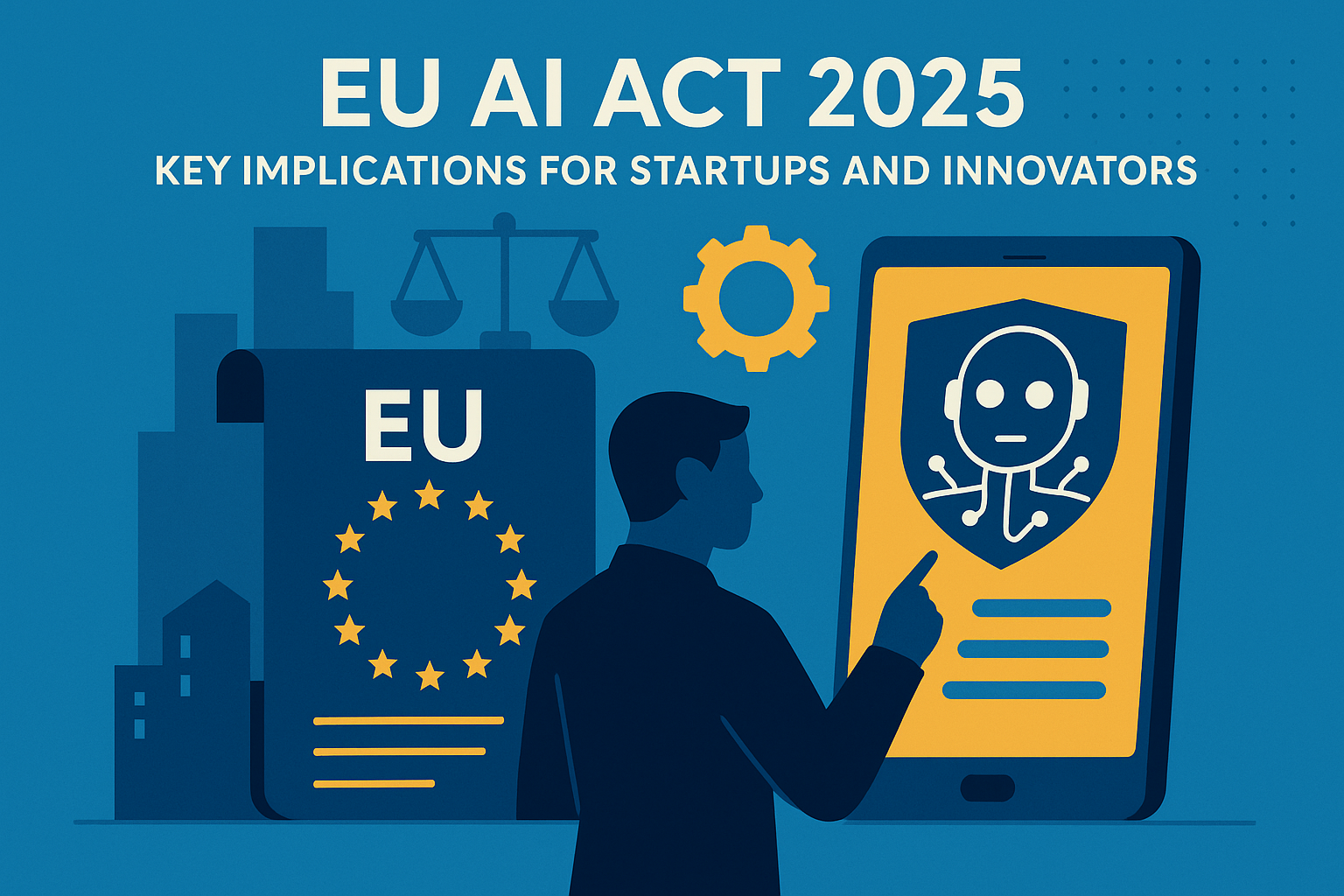
In 2025, the European Union implemented significant regulations concerning Artificial Intelligence (AI), marking a pivotal shift towards ethical standards, accountability, and transparency. The EU AI Act, designed to govern AI technologies across member states, profoundly impacts startups, innovation practices, and business operations.
Overview of the EU AI Act
The Act categorizes AI systems into different risk levels, with stringent requirements particularly placed upon high-risk AI applications, including healthcare diagnostics, autonomous driving, facial recognition, and employment screening.
Key Regulatory Requirements
- Transparency Obligations: Companies must clearly inform users when they interact with AI systems, ensuring transparency in AI-driven decision-making processes.
- Data Governance and Quality: Stringent standards for data sets to avoid biases, enhance accuracy, and ensure fairness.
- Human Oversight: Mandatory human oversight in critical decision-making processes facilitated by AI, particularly where significant impacts on individuals or communities are possible.
- Conformity Assessments and Certifications: High-risk AI systems require thorough conformity assessments, audits, and certifications prior to market entry.
Implications for Startups
- Innovation and Cost Impacts: Compliance may introduce higher costs and complexity, particularly for resource-constrained startups. However, compliance also boosts consumer trust and market competitiveness.
- Funding and Investment Trends: Enhanced regulatory clarity increases investor confidence, directing greater investment into compliant AI startups.
- Competitive Advantage through Compliance: Early adopters of compliance standards gain strategic market advantages through enhanced brand reputation and reduced regulatory risks.
Case Examples
- AI Healthcare Startups: Companies like Babylon Health adopted stringent compliance measures early, enhancing trust and market presence.
- Autonomous Vehicles: Firms like Wayve and Oxbotica proactively engaged with regulators to ensure alignment with EU standards, facilitating smoother market entry and operations.
Emerging Trends
- Ethics-Centric Innovation: Startups increasingly prioritize ethical AI development, incorporating transparency, fairness, and explainability directly into their core offerings.
- AI Auditing Startups: A new niche of startups specializing in auditing, compliance, and certification processes emerges to support companies navigating regulatory landscapes.
Expert Insights
Analysts from Deloitte emphasize that the EU AI Act fosters a trustworthy AI ecosystem, potentially establishing Europe as a global standard-bearer for ethical AI. Gartner also highlights how the Act can enhance innovation by clarifying regulatory expectations.
Expert Resources for Further Insights
- European Commission – AI Act Information
- Deloitte AI Regulation Insights
- Gartner AI Trends
- McKinsey AI Regulation Report
- AI Ethics Guidelines by IEEE
Key Takeaways
The EU AI Act of 2025 represents a landmark regulatory framework significantly influencing how AI technologies develop within Europe. While presenting initial challenges, it ultimately drives innovation, encourages ethical technology deployment, and establishes a clear pathway for AI startups aiming to operate successfully and responsibly in the European market.
